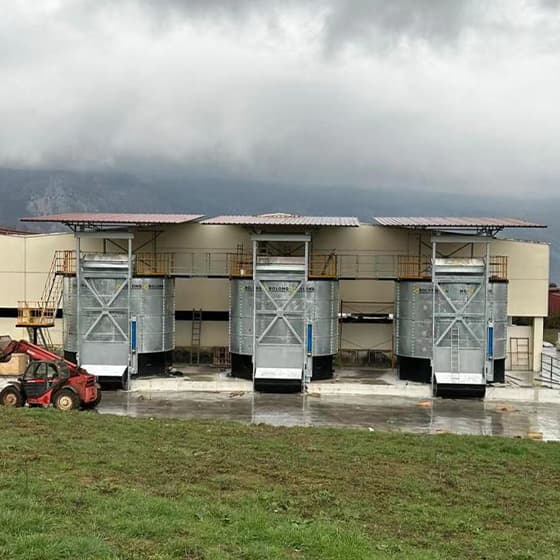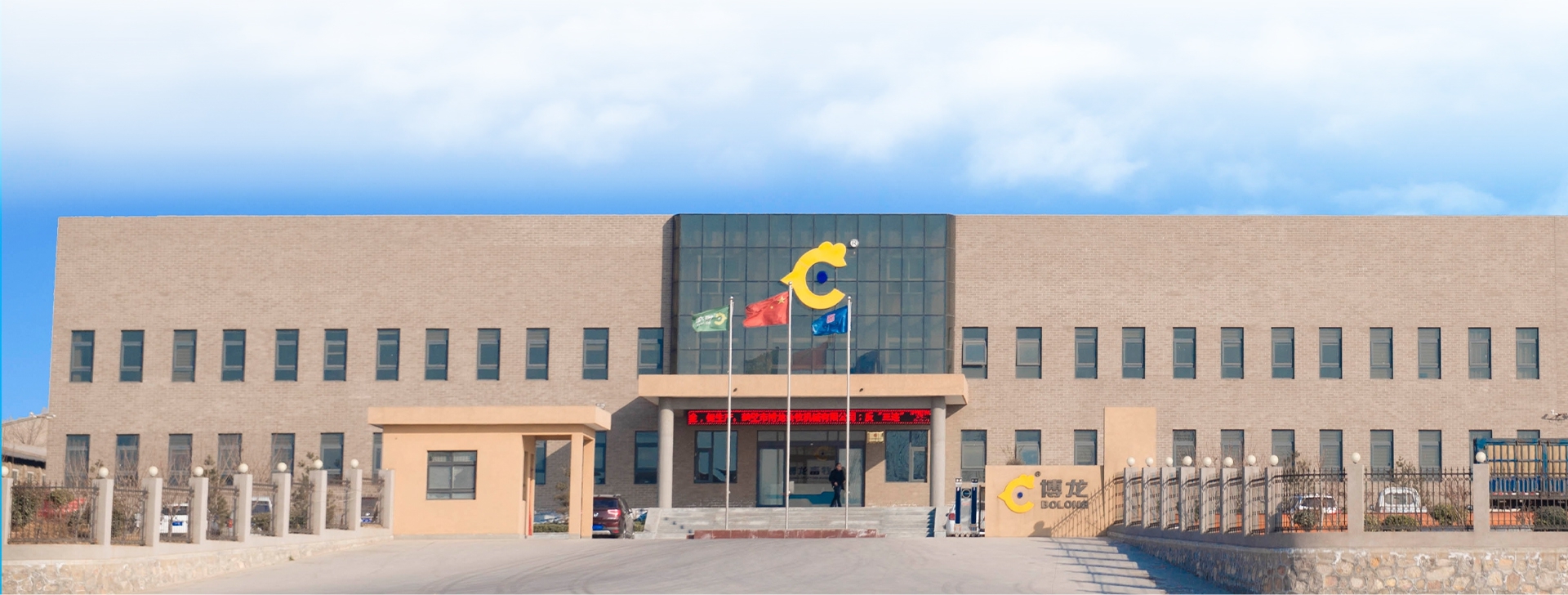Introduction: Automation plays a critical role in enhancing the efficiency and reliability of modern waste treatment systems. Bolong Fermentation Tanks are equipped with advanced automation and control systems that streamline the fermentation process. This article explores the benefits of these systems and their impact on waste treatment.

PLC Control System: Bolong Fermentation Tanks feature a sophisticated PLC (Programmable Logic Controller) system that automates the entire fermentation process. The PLC system continuously monitors key parameters such as temperature, oxygen levels, and moisture content, ensuring optimal conditions for aerobic fermentation. Automatic adjustments are made in real-time based on sensor data, eliminating the need for constant manual oversight.
Enhanced Efficiency: The automation provided by the PLC system significantly enhances the efficiency of Bolong Fermentation Tanks. By maintaining precise control over fermentation conditions, the system maximizes the decomposition rate of organic waste, reducing the overall processing time. This efficiency translates to higher throughput and greater capacity for waste treatment facilities.
Consistency and Reliability: Automation ensures consistent performance and reliability, two critical factors in waste treatment. The PLC system minimizes human error and variability, resulting in uniform compost quality. Consistent output is particularly important for agricultural and commercial applications where the quality of compost directly impacts soil health and crop yields.
Data Logging and Analysis: The PLC system also facilitates data logging and analysis, providing valuable insights into the fermentation process. Operators can access detailed records of temperature, oxygen levels, and other parameters, enabling them to optimize the process further. Data-driven decision-making helps improve operational efficiency and identify areas for improvement.
Remote Monitoring and Control: One of the advanced features of Bolong Fermentation Tanks is the ability to monitor and control the system remotely. Through internet connectivity, operators can access the PLC system from anywhere, allowing for real-time adjustments and troubleshooting. This capability enhances flexibility and ensures that the fermentation process remains uninterrupted even when operators are off-site.
Conclusion: The integration of advanced automation and control systems in Bolong Fermentation Tanks represents a significant leap forward in waste treatment technology. By ensuring optimal fermentation conditions, enhancing efficiency, and providing valuable data insights, these systems make Bolong Fermentation Tanks a reliable and efficient solution for organic waste management.
